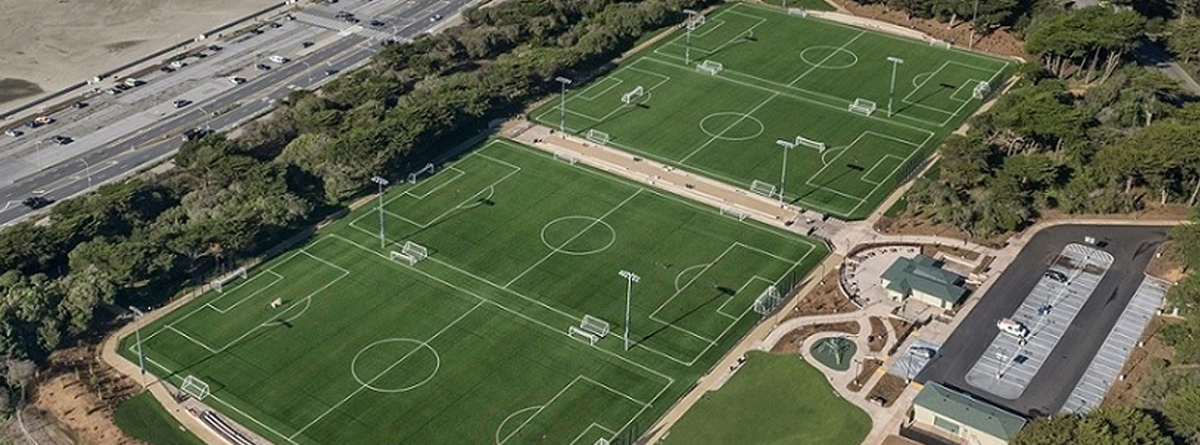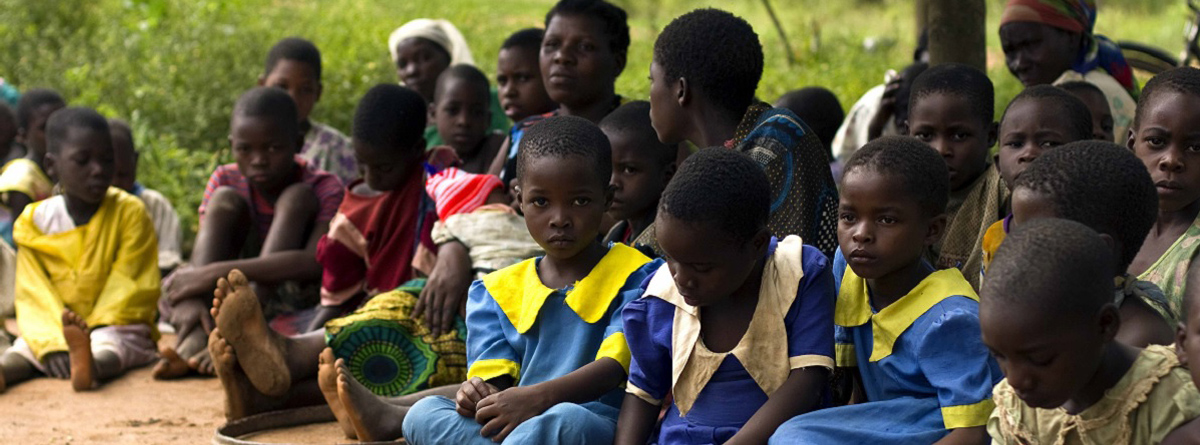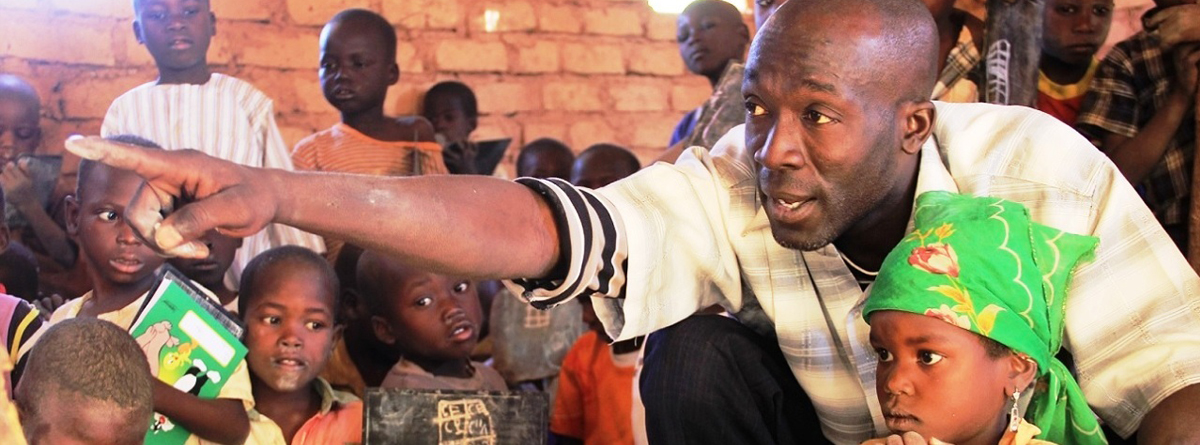|
|
African Union
Atlanta – Sandy Spring
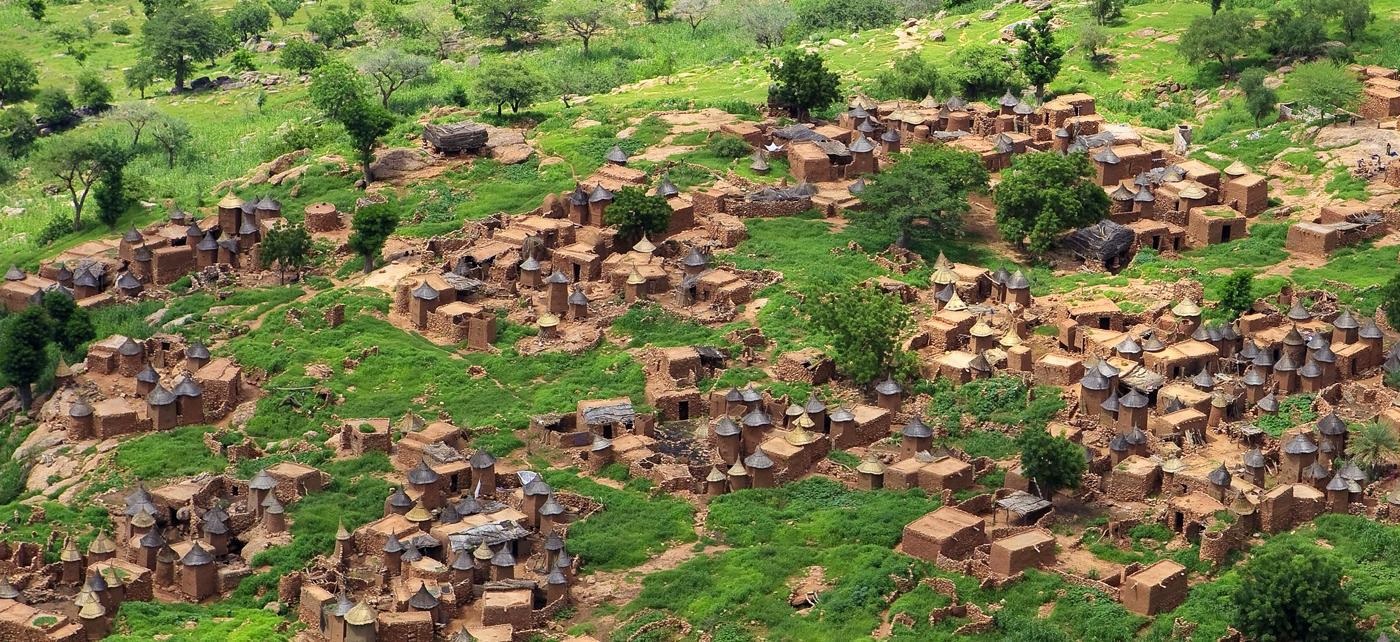

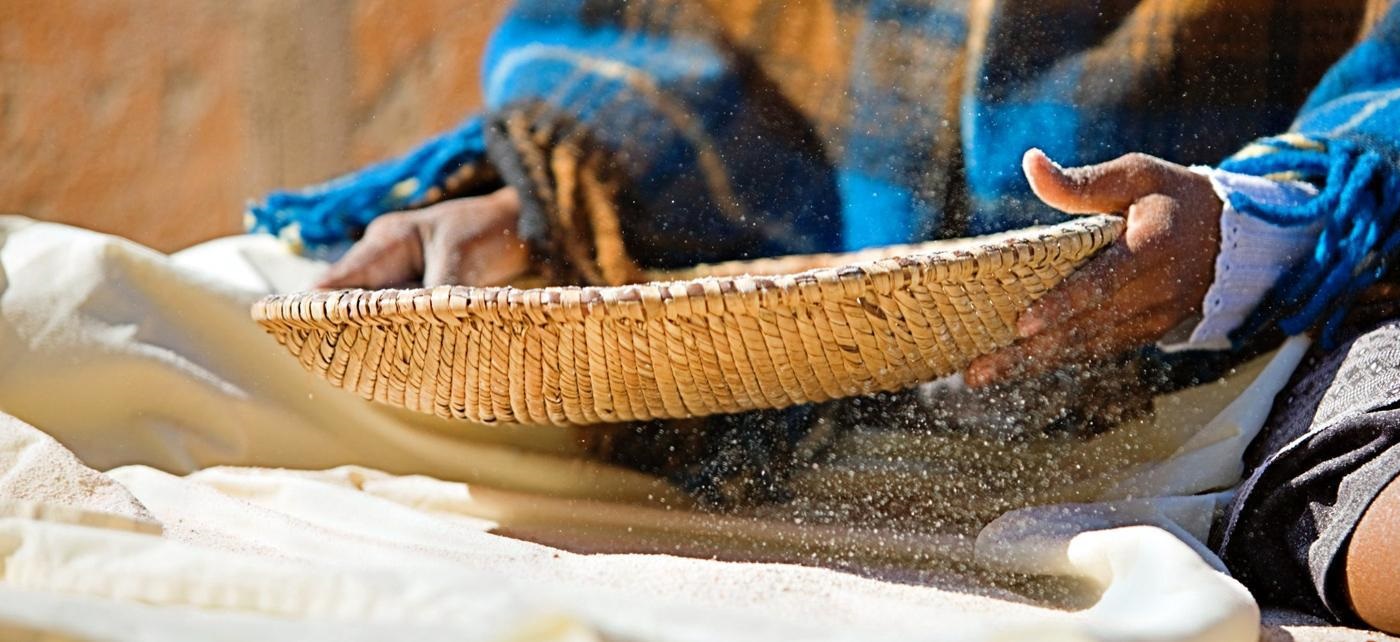
Profile
The African Union is a union consisting of 54 African states. The only all-African state not in the AU is Morocco. Established on 9 July 2002, the AU was formed as a successor to the Organization of African Unity (OAU). The most important decisions of the AU are made by the Assembly of the African Union, a semi-annual meeting of the heads of state and government of its member states. The AU's secretariat, the African Union Commission, is based in Addis Ababa, Ethiopia.
The Constitutive Act of the AU declares that it shall "invite and encourage the full participation of the African Diaspora as an important part of our Continent, in the building of the African Union". The African Union Government has defined the African Diaspora as "consisting of people of African origin living outside the continent, irrespective of their citizenship and nationality and who are willing to contribute to the development of the continent and the building of the African Union".
The combined states of the African Union constitute a nominal GDP of $1.627 trillion dollars. By measuring GDP by PPP, the African Union's economy totals $2.849 trillion, ranking it 6th after Germany. The AU future confederation's goals include the creation of a free trade area, a customs union, a single market, a central bank, and a common currency thereby establishing economic and monetary union. The current plan is to establish an African Economic Community with a single currency by 2023.
According to the Constitutive Act of the African Union, its working languages are Arabic, English, French, and Portuguese, and African languages "if possible". A protocol amending the Constitutive Act, adopted in 2003 but as of 2007 not yet in force, added Spanish, Swahili and "any other African language" and termed all six "official" (rather than "working") languages of the African Union. In practice, translation of documents of the AU into the four current working languages which used to cause significant delays and difficulties to the conduct of business, has known a great leap forward since late 2007, when modern translation tools and working methods were introduced.
Founded in 2001, the African Academy of Languages promotes the usage and perpetuation of African languages among African people. The AU declared 2006 the Year of African Languages.
The Constitutive Act of the AU declares that it shall "invite and encourage the full participation of the African Diaspora as an important part of our Continent, in the building of the African Union". The African Union Government has defined the African Diaspora as "consisting of people of African origin living outside the continent, irrespective of their citizenship and nationality and who are willing to contribute to the development of the continent and the building of the African Union".
The combined states of the African Union constitute a nominal GDP of $1.627 trillion dollars. By measuring GDP by PPP, the African Union's economy totals $2.849 trillion, ranking it 6th after Germany. The AU future confederation's goals include the creation of a free trade area, a customs union, a single market, a central bank, and a common currency thereby establishing economic and monetary union. The current plan is to establish an African Economic Community with a single currency by 2023.
According to the Constitutive Act of the African Union, its working languages are Arabic, English, French, and Portuguese, and African languages "if possible". A protocol amending the Constitutive Act, adopted in 2003 but as of 2007 not yet in force, added Spanish, Swahili and "any other African language" and termed all six "official" (rather than "working") languages of the African Union. In practice, translation of documents of the AU into the four current working languages which used to cause significant delays and difficulties to the conduct of business, has known a great leap forward since late 2007, when modern translation tools and working methods were introduced.
Founded in 2001, the African Academy of Languages promotes the usage and perpetuation of African languages among African people. The AU declared 2006 the Year of African Languages.
Country Location



